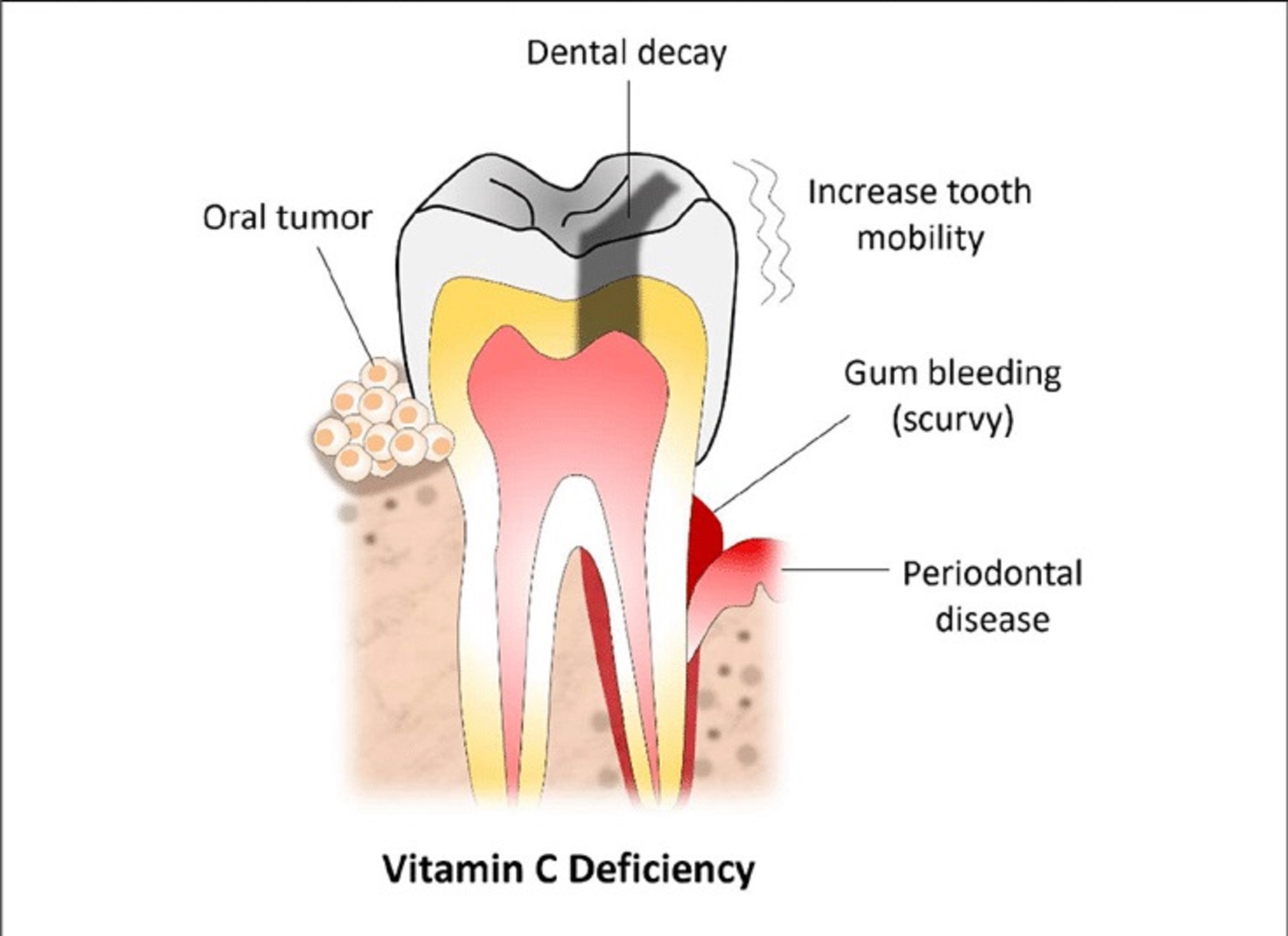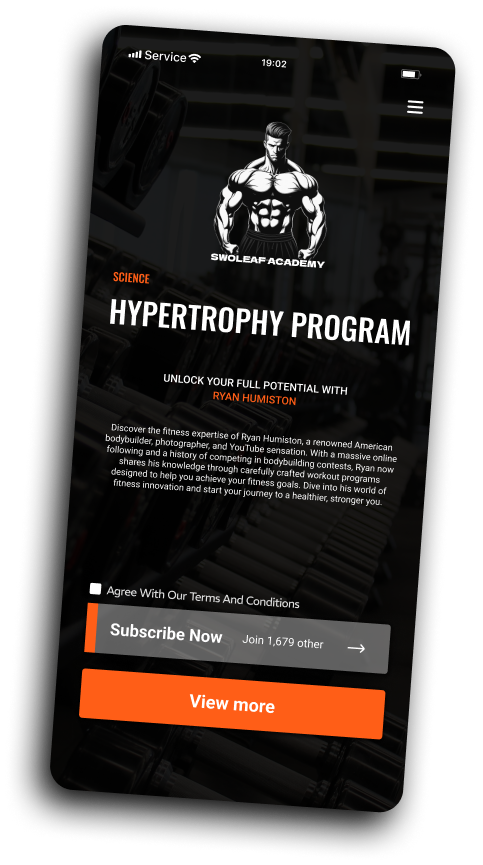During the COVID-19 pandemic, there has been increased interest in the use of vitamin C as a potential way to support immune health. Vitamin C is known for its antioxidant properties and its role in immune function. While vitamin C alone cannot prevent or treat COVID-19, maintaining adequate levels of vitamin C is important for our immune system support. It is recommended that we acquire it from a balanced diet that includes fruits and vegetables, as supplementation may cause digestive issues such as diarrhea. However, it may be considered for those who have a deficiency or difficulty meeting their nutritional needs. It is always important to consult with a healthcare professional before starting any new supplements to ensure they are appropriate and do not interact with any medications or existing health conditions.

With the growing interest in health supplements, the global market for vitamin C was estimated to be worth USD 1.06 billion in 2022 and is expected to reach USD 1.67 billion by 2030, with a projected compound annual growth rate (CAGR) of 5.90% during the forecast period.
Top Food Sources Rich in Vitamin C
Vitamin C is found in a wide variety of fruits, vegetables, and some animal-based foods. Here are some common food sources rich in vitamin C:
- Citrus Fruits: Oranges, lemons, limes, grapefruits, and tangerines are well-known sources of vitamin C. They are not only refreshing but also provide a significant amount of this nutrient.
- Berries: Strawberries, blueberries, raspberries, blackberries, and cranberries are excellent sources of vitamin C. They can be enjoyed fresh or added to smoothies, salads, or desserts.
- Kiwi: Kiwi fruit is particularly high in vitamin C and provides a range of other beneficial nutrients. It can be consumed as a snack or incorporated into fruit salads and smoothies.
- Watermelon: It is rich in vitamin C and is considered to be a hydrating food considering its high water content.
- Papaya, Guava and Pineapple: These are tropical fruits abundant in vitamin C as well as digestive enzymes and various vitamins and minerals. It can be eaten fresh or used in juices and smoothies.
- Tomatoes: Tomatoes, particularly cherry tomatoes, are a source of vitamin C. They can be included in salads, sandwiches, sauces, and soups.
- Bell Peppers: Bell peppers, especially the red and yellow varieties, are rich in vitamin C. They can be eaten raw as a snack, added to salads, stir-fries, or stuffed with other ingredients.
- Vegetables: Broccoli, cabbage, cauliflower, brussels sprouts are few of the vegetables that contain a good amount of vitamin C. It can be steamed, roasted, stir-fried, or added to salads and soups.
- Leafy Greens: Vegetables like kale, spinach, and Swiss chard are not only rich in various nutrients but also provide a decent amount of vitamin C. They can be consumed raw in salads, sautéed, or added to smoothies.
- Acerola Cherry: Acerola cherry is considered one of the richest sources of natural vitamin C. It is often available in supplement form or as a powdered extract.
It is crucial to recognize that vitamin C is sensitive to heat and can be readily degraded during cooking or extended storage. To preserve the vitamin C content, it’s best to consume these foods raw or lightly cooked. Additionally, choosing fresh and ripe produce will ensure higher vitamin C levels compared to processed or canned varieties.
The Health Benefits Of Vitamin C: From Immune Support To Skin Health
- Strong Antioxidant: Vitamin C is a potent antioxidant that helps protect cells from damage caused by free radicals. Free radicals are unstable molecules that can lead to oxidative stress, which is associated with various chronic diseases, including heart disease, cancer, and neurodegenerative disorders. By neutralizing free radicals, vitamin C helps reduce oxidative stress and promotes overall health.
- Enhanced Immune Function: Vitamin C plays a vital role in supporting the immune system. It aids in promoting the production and function of immune cells including white blood cells and natural killer cells, which are vital for defending against infections. Maintaining sufficient levels of vitamin C can enhance the immune response and enhance the body’s capacity to fight illnesses such as the common cold and respiratory infections.
- Improved Iron Absorption: Vitamin C improves the absorption of non–heme iron, which is the type of iron present in plant–based foods and iron–fortified products. By converting iron into a more absorbable form, vitamin C helps prevent iron deficiency and supports the production of healthy red blood cells.
- Cardiovascular Health: Vitamin C contributes to cardiovascular health in multiple ways. It helps reduce oxidative stress and inflammation in the blood vessels, which can help prevent the development of atherosclerosis (hardening of the arteries). Vitamin C also aid in the dilation of blood vessels, enhancing blood flow and lowering the risk of high blood pressure. Furthermore, it may help lower LDL cholesterol levels and improve overall lipid profile.
- Skin Health and Anti-Aging: As an antioxidant, vitamin C plays a significant role in maintaining healthy skin. It helps protect against sun damage caused by ultraviolet (UV) radiation, reduces the formation of age spots and wrinkles, and promotes the production of collagen for firm and youthful skin. Vitamin C also aids in the repair of damaged skin tissue and can contribute to a brighter complexion.
- Eye Health: Vitamin C is associated with a reduced risk of developing age-related macular degeneration (AMD), a leading cause of vision loss in older adults. It protects the cells of the retina from oxidative damage and supports the blood vessels in the eyes.
- Cognitive Function: Some studies suggest that vitamin C may have a positive impact on cognitive function and reduce the risk of age-related cognitive decline and neurodegenerative diseases like Alzheimer’s disease.
- Mood Enhancement: Vitamin C is engaged in the synthesis of neurotransmitters such as serotonin, which plays a vital role in regulating mood. Adequate levels of vitamin C are important for maintaining mental well-being and may help reduce symptoms of depression and anxiety.
- Cancer Prevention: While research is still in progress, certain studies indicate that vitamin C might offer a protective effect against specific types of cancer. Its antioxidative properties can aid in preventing DNA damage and inhibiting the proliferation of cancer cells.
Common Symptoms of Vitamin C Deficiency
Vitamin C deficiency, also known as scurvy, can lead to various symptoms and health complications. Here are some common deficiency symptoms of vitamin C;
- Fatigue and Weakness: Vitamin C plays a crucial role in energy production. Inadequate levels of vitamin C can lead to enduring fatigue and weakness impairing the ability to carry out routine tasks.
- Easy Bruising and Slow Wound Healing: Vitamin C is essential for collagen synthesis, which is necessary for healthy skin, blood vessels, and connective tissues. Without adequate vitamin C, the body’s ability to repair and form new tissues are compromised, leading to easy bruising and delayed wound healing.
- Dry and Splitting Hair: Insufficient vitamin C levels can impact hair health leading to dryness, split ends and fragile hair. This happens because of the decreased synthesis of collagen, which plays a crucial role in preserving the health of hair follicles.
- Swollen and Bleeding Gums: Vitamin C deficiency weakens the connective tissues in the gums, leading to Gum disease characterized by inflammation, sensitivity and bleeding gums.

- Weakened Immune System: Vitamin C plays a vital role in supporting immune function. Inadequate vitamin C levels can compromise the immune system, increasing susceptibility to infections like recurring colds, respiratory illnesses and other contagious diseases.
- Joint and Muscle Pain: Collagen is an important component of cartilage and tendons, and insufficient vitamin C can result in weakened and painful joints and muscles.
- Dry and Rough Skin: Vitamin C deficiency can lead to dry, rough, and scaly skin. Collagen depletion affects skin elasticity and hydration, resulting in a dull and unhealthy appearance.
- Anemia: Vitamin C aids in the absorption of iron from plant-based foods. A deficiency can impair iron absorption, leading to iron deficiency anemia. Symptoms of anemia include fatigue, weakness, pale skin, shortness of breath, and dizziness.
- Mood Changes and Depression: Some studies suggest a link between vitamin C deficiency and mood disorders, including depression. Vitamin C is involved in the production of neurotransmitters like serotonin, which are important for mood regulation.
Recommended Daily Intake of Vitamin C by Age and Gender
The recommended daily intake of vitamin C varies depending on age, sex, and life stage. The following are the general guidelines for vitamin C intake according to the Dietary Reference Intakes (DRIs) established by the Food and Nutrition Board of the National Academies:
- Infants (0-6 months): 40 milligrams (mg)
- Infants (7-12 months): 50 mg
- Children (1-3 years): 15 mg
- Children (4-8 years): 25 mg
- Children (9-13 years): 45 mg
- Adolescents (14-18 years): Boys: 75 mg / Girls: 65 mg
- Adults (19 years and older): Men: 90 mg / Women: 75 mg
- Pregnant women: 85 mg
- Breastfeeding women: 120 mg
It’s important to note that these values represent the recommended daily intake to prevent deficiency and support overall health. Certain individuals including smokers and those with specific medical conditions may necessitate increased intake of vitamin C.
Vitamin C Benefits For Exercise: Immune Support, Recovery, And Performance
Vitamin C offers several benefits for individuals who engage in regular exercise. Here are some specific advantages:
- Enhanced immune function, protecting against exercise-induced immune suppression.
- Reduced oxidative stress and muscle damage caused by intense exercise.
- Support for collagen synthesis and tissue repair, aiding in recovery from exercise-induced damage.
- Improved absorption of iron, crucial for oxygen transport and red blood cell production.
- Potential reduction of exercise-induced airway constriction, benefiting individuals with asthma or exercise-induced asthma.
- Decreased muscle soreness and faster recovery from intense workouts.
- Possible enhancement of endurance performance through reduced oxidative stress and improved mitochondrial function.
Increasing Vitamin C Intake During Intense Exercise
Intense physical activities place additional demands on the body, which can affect nutrient requirements, including vitamin C. During intense exercise, the body experiences higher levels of oxidative stress, leading to increased production of free radicals. Vitamin C acts as a potent antioxidant, helping to neutralize these free radicals and reduce oxidative stress. Furthermore, intense exercise temporarily suppresses the immune system, making individuals more susceptible to infections. Vitamin C plays a critical role in supporting immune function by stimulating the production and improving the activity of immune cells.
Intense exercise places stress on muscles, tendons, and ligaments, resulting in microscopic damage that requires repair. Vitamin C is crucial for the synthesis of collagen, a protein responsible for building the framework of connective tissues. Adequate vitamin C levels support tissue repair and contribute to faster recovery from exercise-induced damage.
It is crucial to acknowledge that the optimal vitamin C requirements can differ among individuals depending on factors such as age, gender, overall health and particular exercise routine. Some individuals may have higher vitamin C requirements due to increased oxidative stress or higher iron needs associated with intense physical activity.
Vitamin C And Joint Health: Collagen Synthesis And Exercise
Vitamin C plays a critical role in the synthesis of collagen, which is vital for maintaining healthy joints and overall function of connective tissues. Collagen, which constitutes the majority of proteins in the body, provides the structural foundation for tendons, ligaments, cartilage and bones. For exercise enthusiasts, maintaining healthy collagen production is particularly important as it supports joint stability, flexibility, and overall musculoskeletal health.
Vitamin C is necessary for the hydroxylation of proline and lysine, amino acids that are vital for the formation of collagen fibers. Without adequate vitamin C, collagen synthesis is impaired, leading to weakened connective tissues. This can negatively impact joint health, making individuals more susceptible to injuries such as strains, sprains, and joint pain.
Regular exercise places stress on the joints and connective tissues, as they are responsible for absorbing impact, providing stability, and facilitating movement. By supporting collagen synthesis, vitamin C helps strengthen and maintain the integrity of these tissues, reducing the risk of exercise-related injuries and promoting joint health. In addition to collagen synthesis, vitamin C also exhibits anti-inflammatory properties. Vitamin C’s anti-inflammatory effects can help mitigate exercise-induced inflammation and promote a more favorable environment for joint health.
Vitamin C And Performance Enhancers: Interactions
While vitamin C supplements are generally safe and well-tolerated, there can be potential interactions between vitamin C and other performance-enhancing substances commonly used in sports. It’s important to consider these interactions and consult with a healthcare professional or registered dietitian if you have specific concerns or are using any performance-enhancing substances. Here are a few examples:
- Iron Absorption: Vitamin C enhances the absorption of non-heme iron (found in plant-based foods). If you’re taking iron supplements or using substances that increase iron levels (e.g., erythropoietin), combining them with high-dose vitamin C supplements may lead to excessive iron absorption. This could potentially result in iron overload, which can be harmful to the body.
- Stimulants and Diuretics: Some performance-enhancing substances, such as caffeine, ephedrine, or diuretics, have stimulant or diuretic effects. Consuming high doses of vitamin C can amplify the effects of these substances potentially resulting in elevated heart rate, restlessness or excessive fluid loss. It’s important to be cautious when combining vitamin C with these substances and follow recommended dosages.
- Anticoagulants and Blood Thinners: Consuming high doses of vitamin C can potentially enhance the effect of anticoagulant medications like warfarin or aspirin to a small extent. If you’re taking blood thinners, it’s advisable to consult with a healthcare professional before starting vitamin C supplements to ensure appropriate dosing and monitor your blood clotting parameters.
Some Common Questions On Vitamin C
Who needs Vitamin C?
Vitamin C is essential for all individuals as it plays a crucial role in supporting immune function, collagen synthesis, antioxidant protection, and overall health. Adequate intake is especially important for individuals with limited fruit and vegetable consumption, smokers, pregnant and breastfeeding women, and those with certain medical conditions.
What is the difference between obtaining vitamin C from natural sources versus taking vitamin C supplements?
Natural sources of vitamin C provide a combination of beneficial nutrients and fiber, promoting overall health, while vitamin C supplements offer a concentrated dose of the vitamin without the accompanying benefits of whole foods. Vitamin C is also available in supplement form and is often added to fortified foods such as breakfast cereals and juices.
Are there any specific dietary recommendations or considerations for vitamin C intake in athletes or highly active individuals?
For athletes or highly active individuals, it is generally recommended to ensure an adequate vitamin C intake through a well-balanced diet rich in fruits and vegetables. While specific dietary recommendations may vary based on individual needs and exercise intensity, maintaining optimal vitamin C levels can support immune function, collagen synthesis, and recovery from exercise-induced damage.
Are there any special considerations for vitamin C intake during pregnancy or breastfeeding?
During pregnancy and breastfeeding, it is important to ensure sufficient vitamin C intake to support maternal health and fetal development. Pregnant and breastfeeding women should aim for the recommended daily intake of vitamin C through a balanced diet and may consult with healthcare professionals for personalized advice.
Does vitamin C have any potential benefits for individuals with asthma or allergies?
Vitamin C may have potential benefits for individuals with asthma or allergies. It has been suggested that vitamin C’s antioxidant and anti-inflammatory properties could help reduce symptoms and improve lung function in some individuals with these conditions. However, further research is needed to fully understand the extent and mechanisms of these potential benefits.
Can Vitamin C improve the absorption of other supplements commonly used in bodybuilding?
Vitamin C enhances iron absorption, which is important for bodybuilders who may take iron supplements to support oxygen transport and energy production during workouts.









